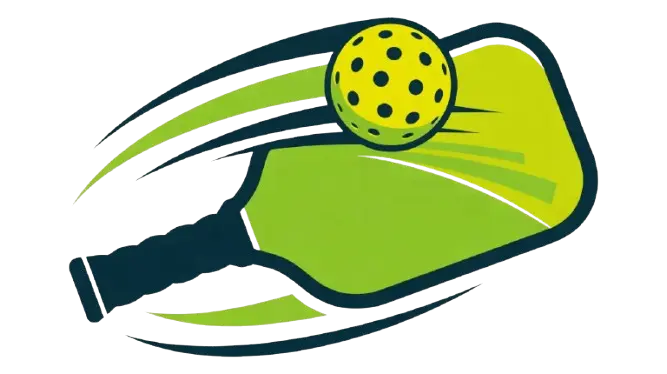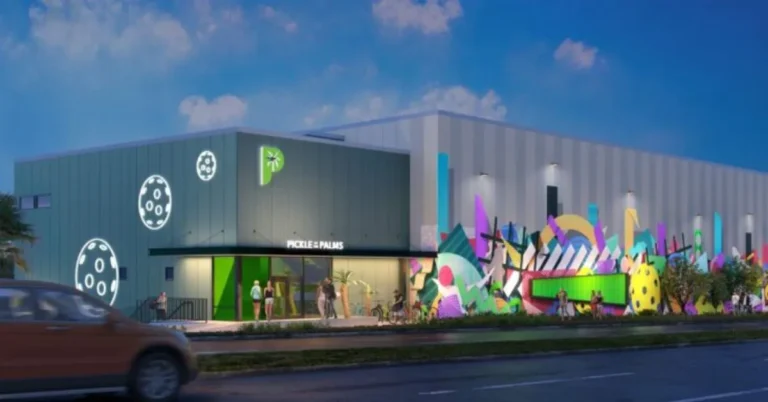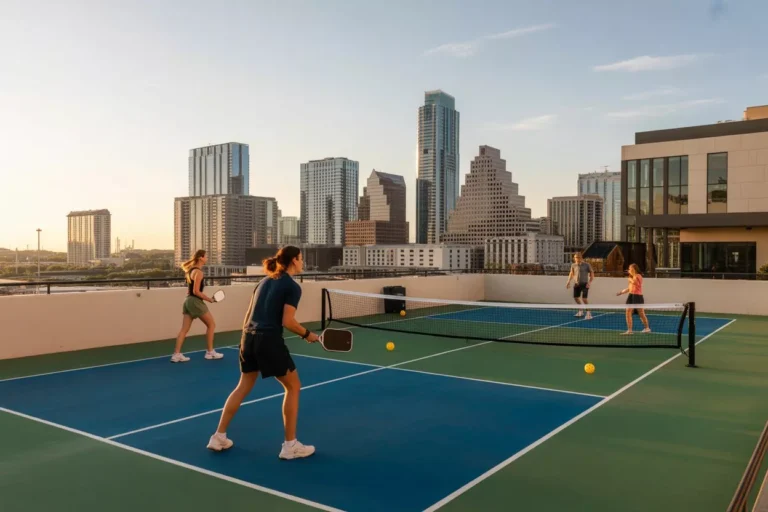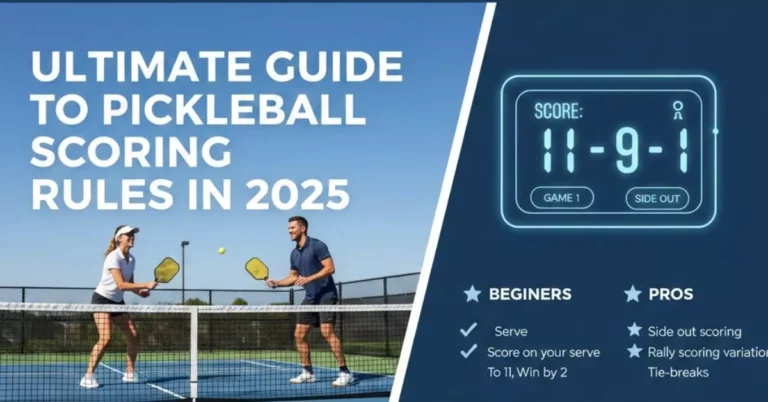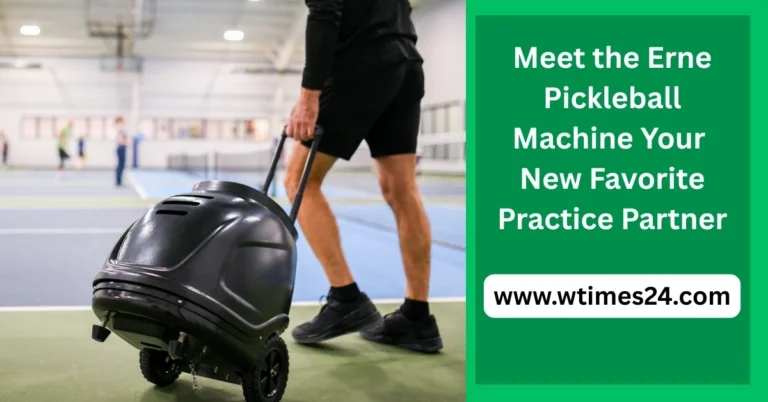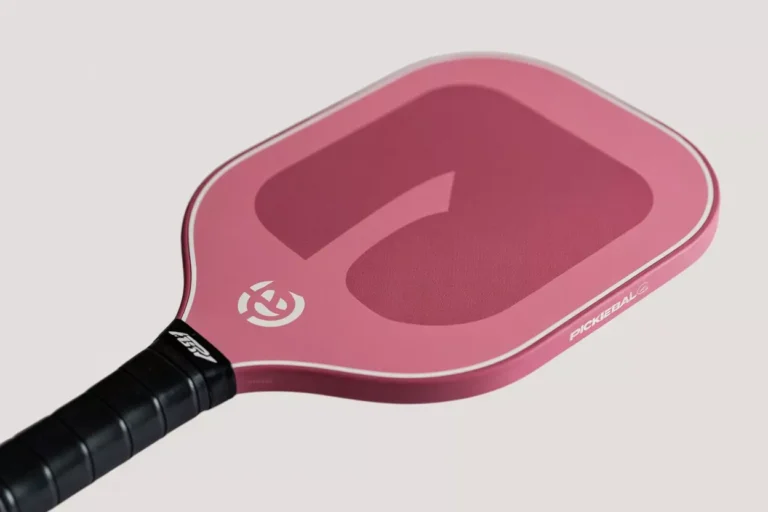Sacramento Deaf Pickleball Building Community Through Sport and Sign
Right in California’s capital, something special is happening that quietly changes how sports belong to everyone. It’s not flashy, and there’s no big stadium—just regular courts filling up with folks who want to play, be themselves, and connect on their own terms. That’s Sacramento Deaf Pickleball for you. It’s a warm, growing movement where Deaf and hard-of-hearing athletes meet hearing friends to share paddles, laughs, and sometimes, shared challenges.
Origins and Mission
Picture a few people around a court, joking about the lack of whistles. One of them says, “Why don’t we just swap in flashing lights?” And this whole thing grows from there. That’s basically how Sacramento Deaf Pickleball started—small, friendly, but intentional. They wanted a space where ASL (American Sign Language) isn’t an afterthought. Sacramento affiliates with Deaf Pickleball USA, a nonprofit helping spread the idea: sport is better when it’s fully accessible, all the time.
Their mission? Keep it simple:
- Make pickleball inclusive from the start.
- Welcome Deaf and ASL players for fun and competition.
- Show off Deaf culture—like, loudly and proudly—through a game.
No gala fundraisers needed. Just people on courts, paddles in hand, figuring it out together.

Local Tournaments and Events
Every year—usually early summer—they host the Sacramento Deaf/ASL Pickleball Tournament. It sounds fancy, but it’s really a big community picnic where games take center stage. They’ve got division choices for every skill level:
- Mixed doubles
- Men’s and women’s doubles
- Ranks—from beginners to pretty serious players
What makes this so special?
- No stray whistles—just visual signals and flashing lights when points are called.
- On-site ASL interpreters, so announcements don’t get missed.
- Scoreboards that anyone can follow, no ear needed.
- Post-game dinners or pizza nights—and let me tell you, it’s sweet to be around people who get it.
It’s less a tournament and more a clubhouse reunion. That’s what players say. That feeling of belonging? It sticks.

Community and Culture
They aren’t just about games—they’re a community. On Facebook, the Sacramento ASL Pickleball group—130+ strong—organizes casual matches, shares videos, and always, always welcomes newbies. They joke about forgetting to bring paddles and nearly missing sign cues. It’s playful.
What matters is respect: Deaf culture, ASL use, and space for everyone—hearing folks learning ASL, Deaf folks teaching strategies. Conversations about court tactics happen alongside memes about sign-language autocorrect fails. It’s cozy. It’s real.
Accessibility Innovations
Ever been blown away by a simple idea? Sacramento Deaf Pickleball has:
- Visual cues: flashing lights, not whistles, for serves and faults
- Hand signals replacing sound, so no one’s left guessing
- ASL interpreters at every tournament (and lots of midweek pumps)
- Captioned videos, so announcements don’t disappear
- Inclusive clinics, where Deaf instructors or ASL-fluent coaches lead drills
It makes the game approachable—not just playable. You don’t adapt to their world. They adapt to everyone’s.
Impact Beyond Sacramento
This isn’t just a local trend. Riverside, L.A., Baltimore—they’re all sprouting Deaf-friendly pickleball scenes. Sacramento is sort of the quiet blueprint: grassroots, no big-brand sponsorships, just real people wanting Real Access.
In October 2025, Sacramento players walked into the National Deaf Pickleball Tournament in Baltimore. They had the paddles, they had the smarts, and they had each other. It wasn’t just competition—it was California pride leading Deaf sport forward.

Notable Players and Advocates
Don’t expect celebrity names. These are everyday champions:
- Coaches pumping ASL into every practice session
- Volunteers doing everything—from chalking lines to setting up lights
- Players who compete in both Deaf and broader tournaments
One of them told me, “It’s not about being famous—it’s about showing up.” That sums them up.
Growth and Future Plans
Their dream board is full:
- A permanent Deaf Pickleball Clubhouse—with accessible courts and meeting space
- Youth clinics to connect Deaf kids with sport coaches
- Partnerships with local schools to include ASL pickleball in PE
- Pushing city rec centers to install visual cue systems
With every newcomer and each game, they edge closer.
Watch Video: Deaf Pickleball Clinic
Challenges and Opportunities
Rome wasn’t built in a day—and neither is accessibility:
- Equipment costs are real—those flashing-light systems aren’t cheap
- ASL-certified coaches aren’t pouring in; they’re growing strong, but slowly
- Many mainstream tournaments still use only whistles and verbal calls
But here’s the kicker: they don’t just talk about it. Sacramento’s folks organize DIY clinics, train hearing referees in ASL, and ask tournament boards for minor tweaks (“Flashlight for serve? Sure.”). Maybe it’s quiet—but it’s happening.
Voices from the Court
No sound, but plenty to say:
“Pickleball gave me a voice without a voice.” — Deaf player at the last meetup
“I learned more ASL in six weeks than I did in six months at college.” — hearing volunteer
“People are watching. They’re thinking.” — board member, DPUSA
You feel it. There’s pride. There’s connection. This feels warm.
How to Get Involved
Want to help—or just play?
- Find a meetup (Facebook group is the easiest starting point)
- Volunteer: light operator, signer, organizer—so many ways to plug in
- Host a donation drive—raise money for interpreters and accessibility gear
- Spread the word—put it in your clubhouse newsletter
- Ask your local rec center to take a page from Sacramento’s playbook
You don’t have to be Deaf or fluent in ASL. All you need is a paddle and an open mind.
Conclusion
Sacramento Deaf Pickleball isn’t flashy. It’s not viral. But it’s the kind of movement that changes things at ground level: making a sport more welcoming, more inclusive, and more joyful. Where anyone—no matter how they hear—can show up, play, laugh, and truly belong.
That’s powerful. That’s human. And if we listened closely? We’d see more rooms filled with paddles, flashing lights, and heartfelt high-fives.
Read Previous Article: John Piebrahita Pickleball A Rising Name in the Local Circuit
FAQs
What is Sacramento Deaf Pickleball?
A local community in California focused on making pickleball fully accessible with ASL and visual cues for Deaf, hard-of-hearing, and hearing players.
Who can join?
Everyone—Deaf, hard-of-hearing, hearing, ASL-fluent or not. Play, laugh, belong.
What’s the tournament like?
They hold an annual competition with divisions for mixed, women’s, and men’s doubles. Think flashing lights, ASL interpreters, and friendly post-game dinners.
How do they manage without whistles?
They use flashing lights and hand signals. Scoreboards are visual. Games are natural and inclusive.
How can I help?
Volunteer (hint: they love volunteers). Donate for lights or interpreters. Host a drive. Spread the word. Bring a paddle and come say ‘hello.’
